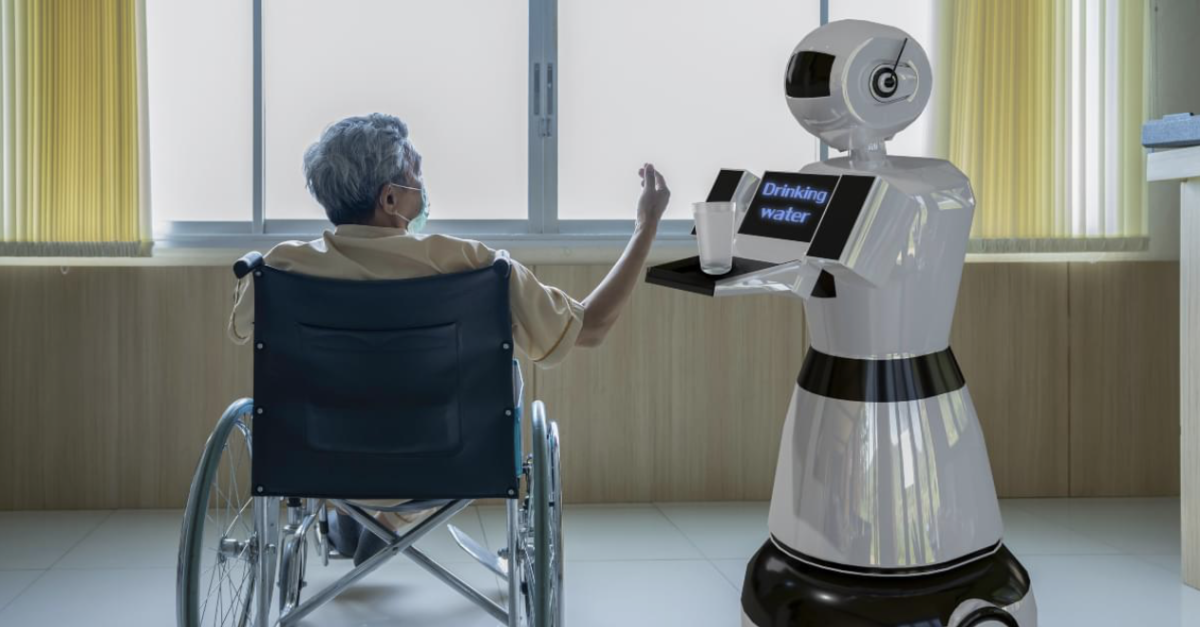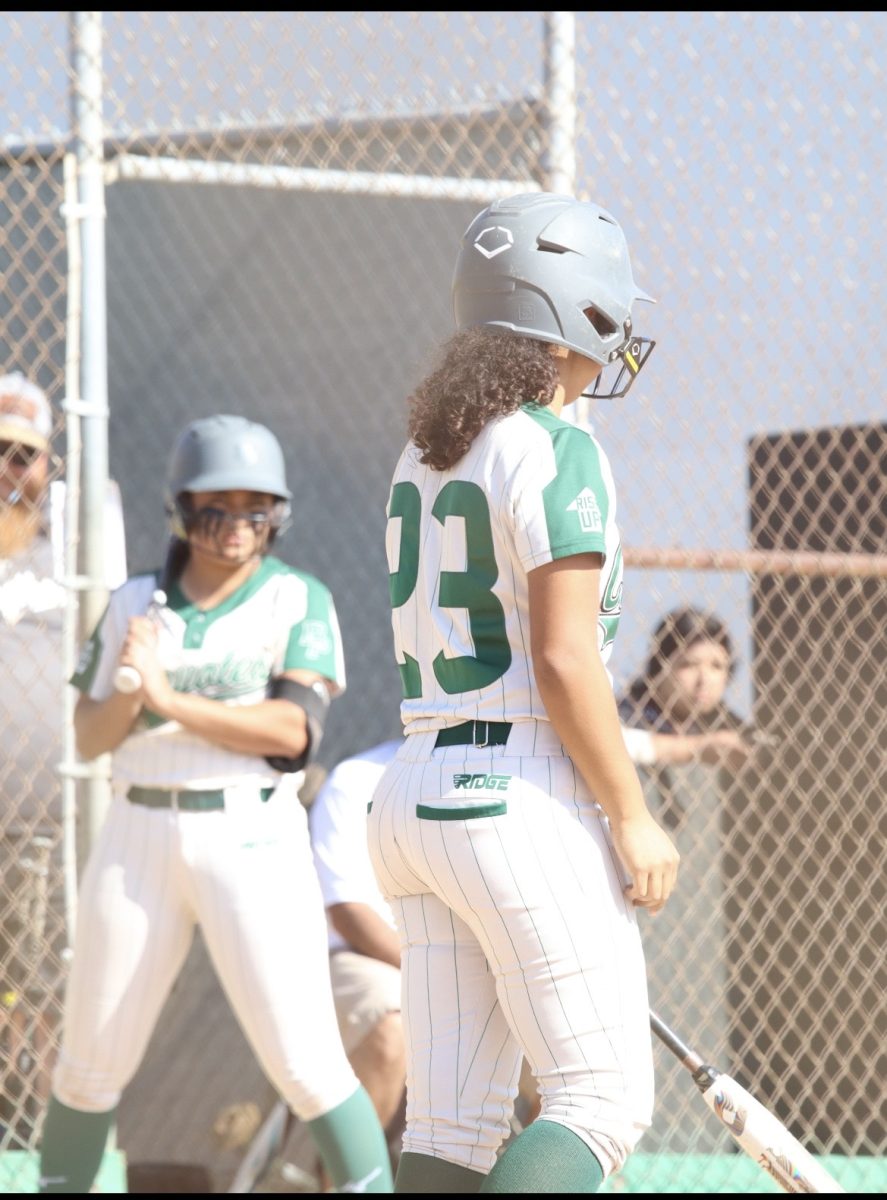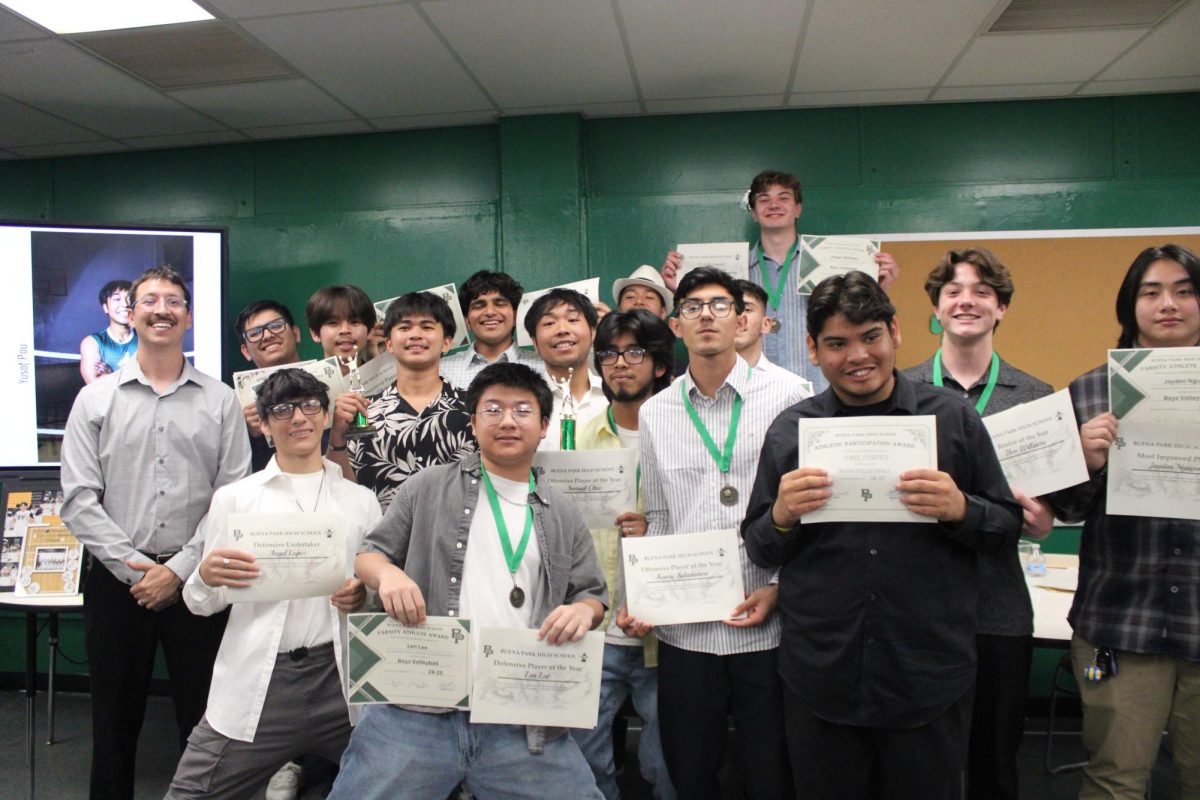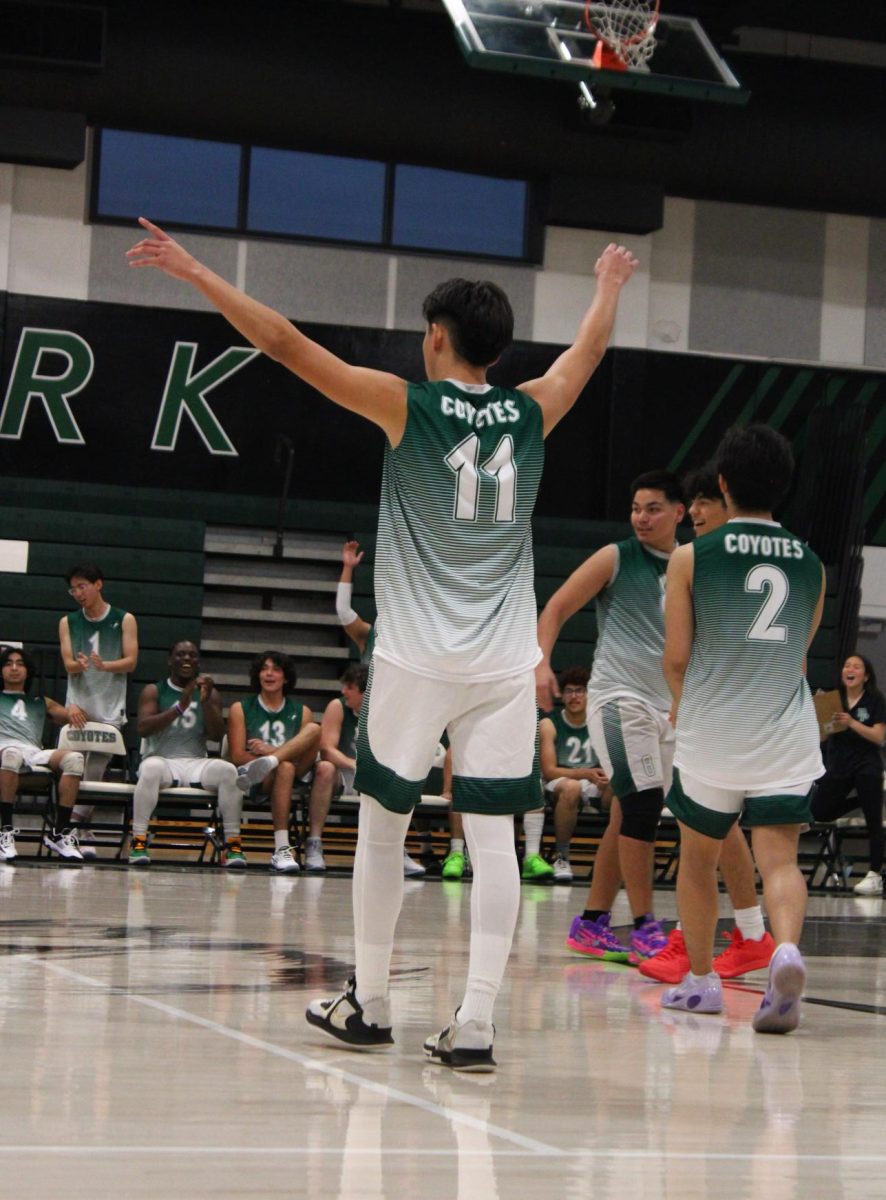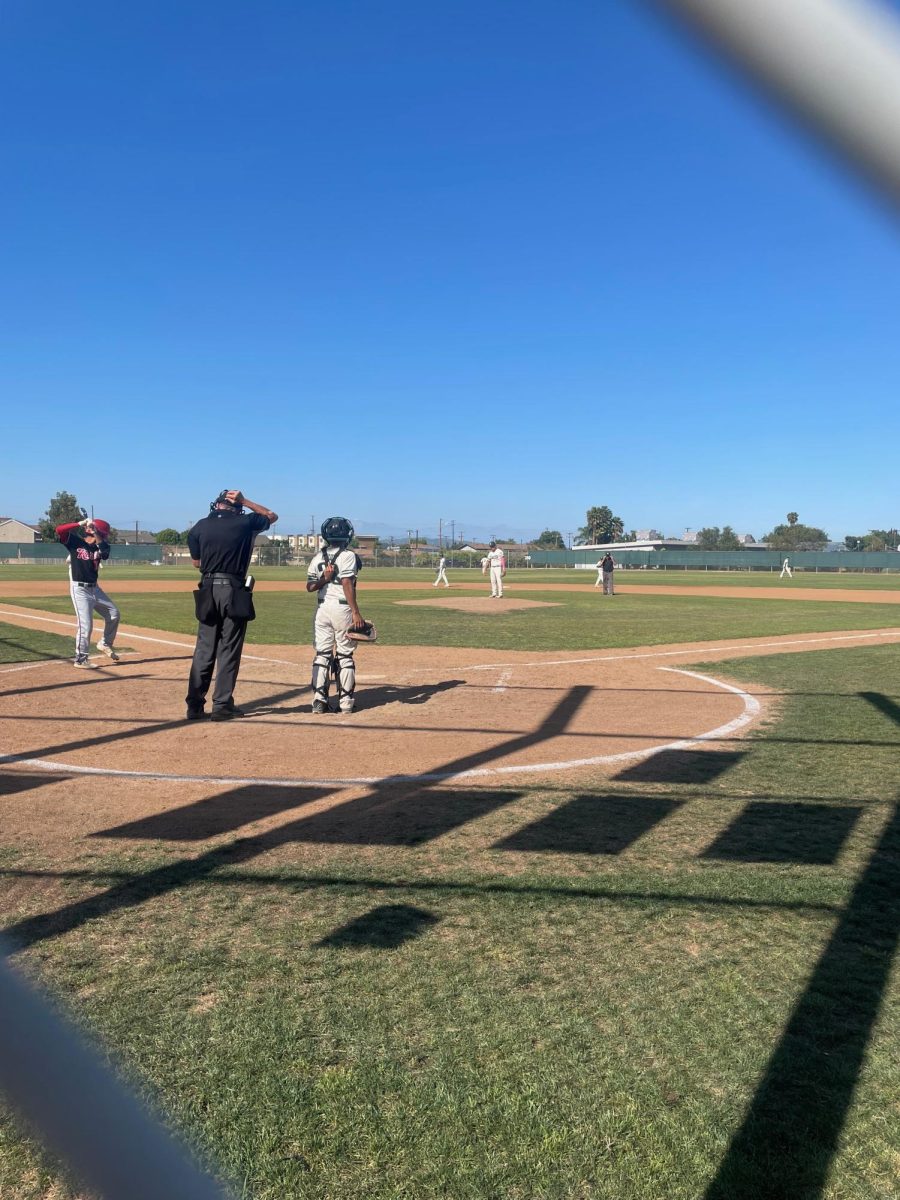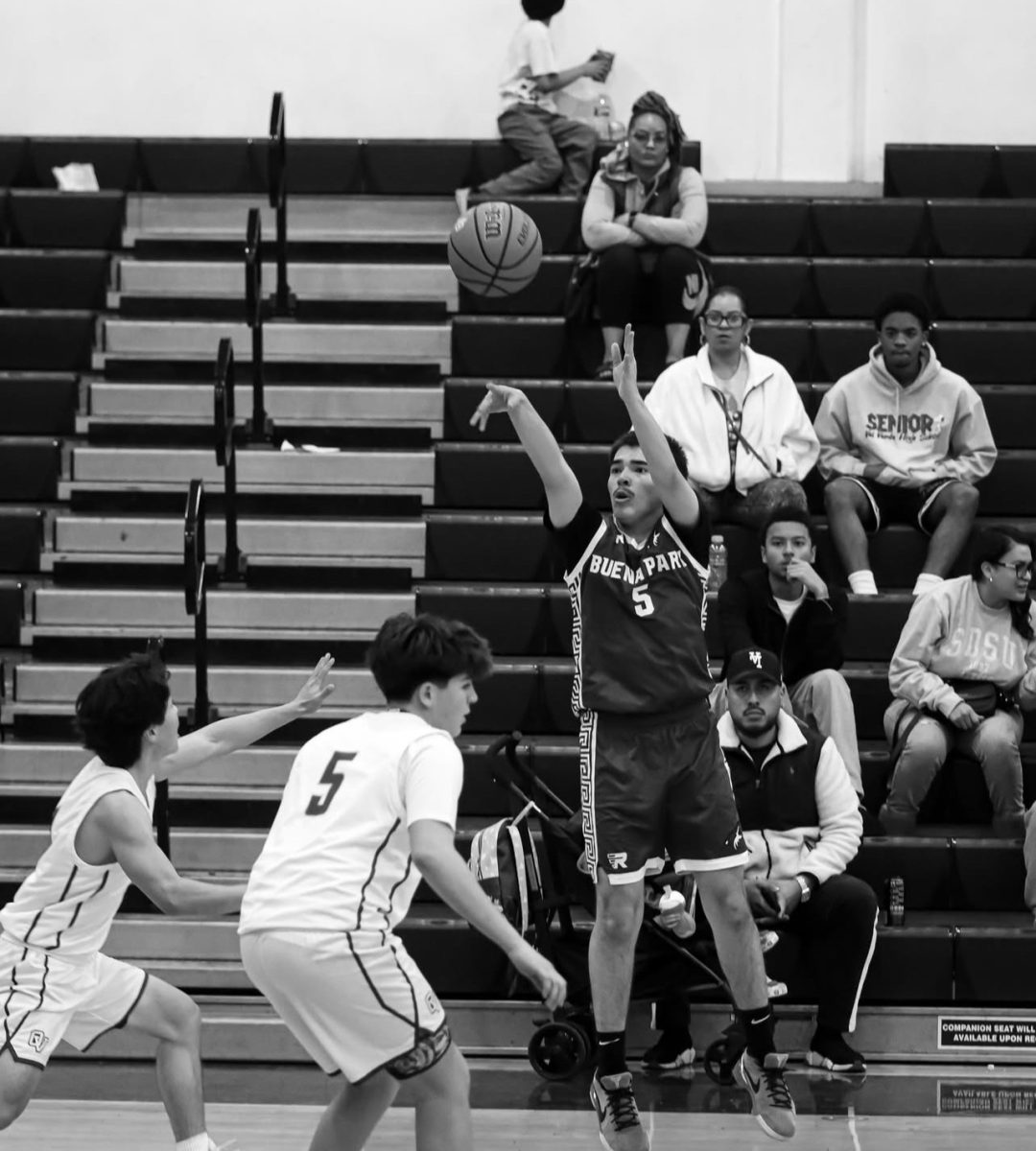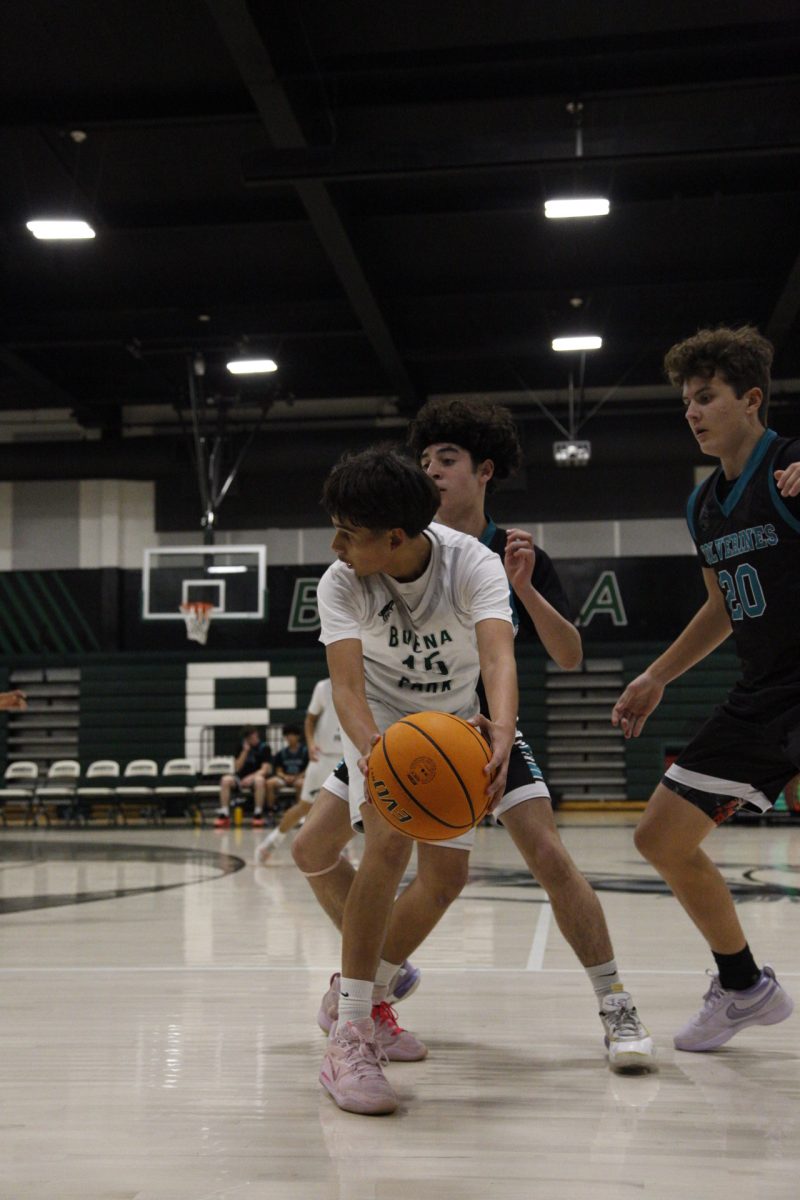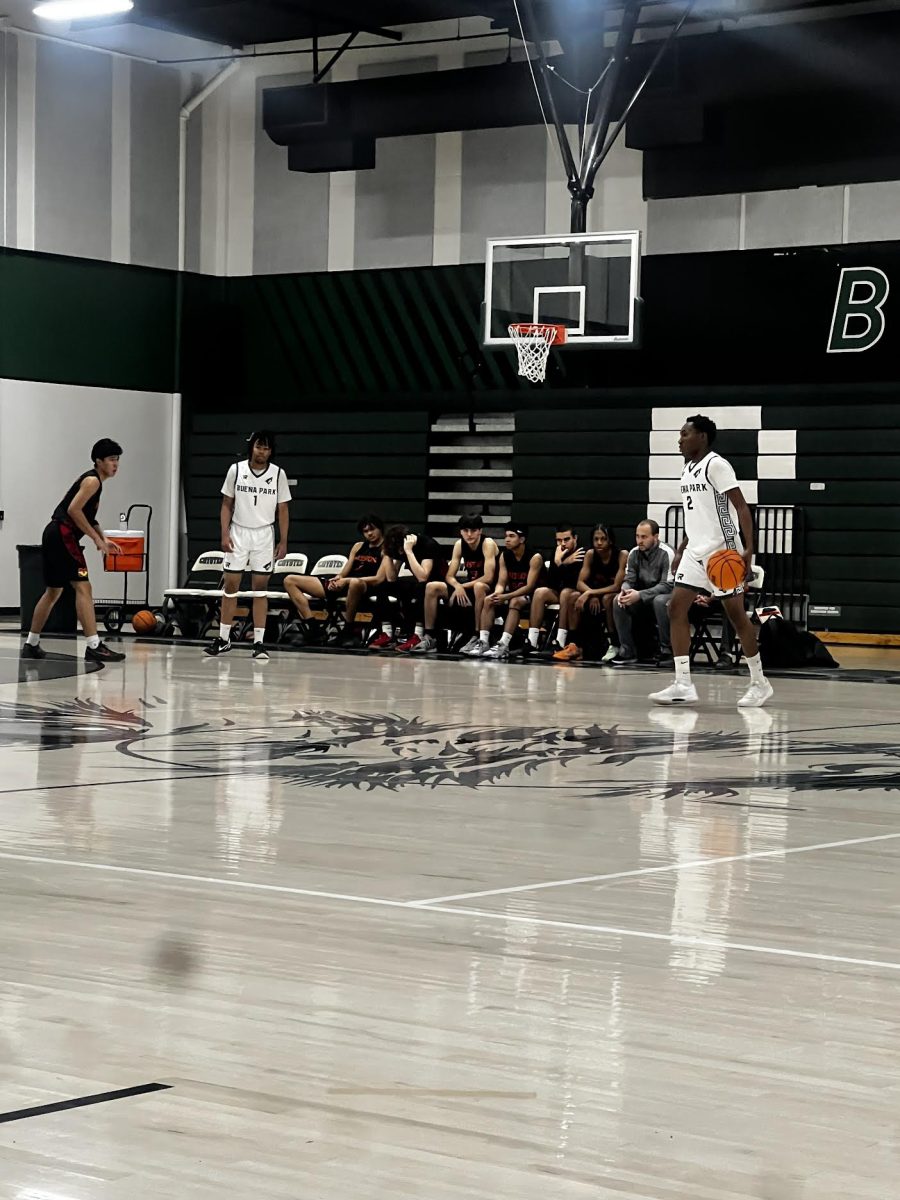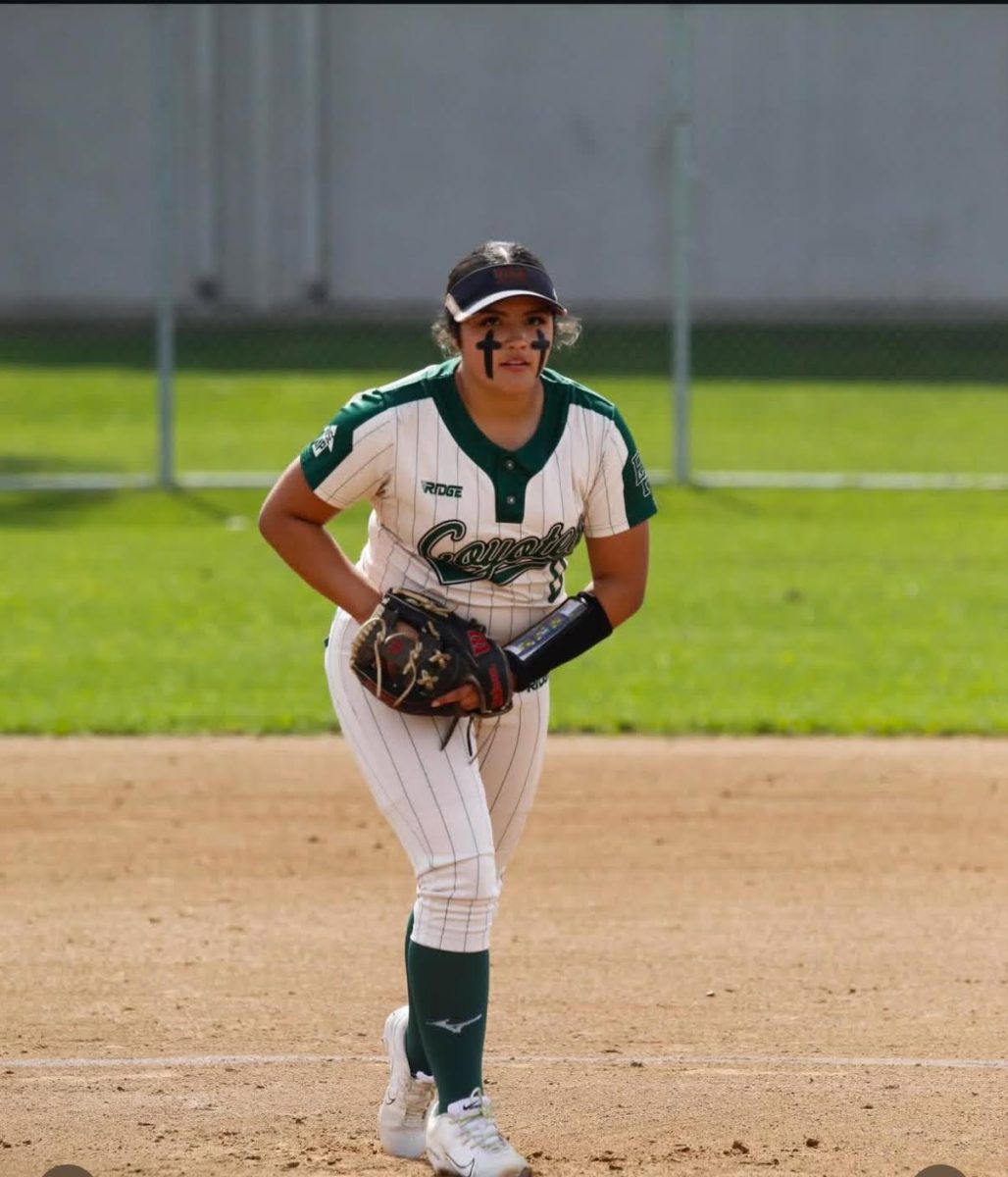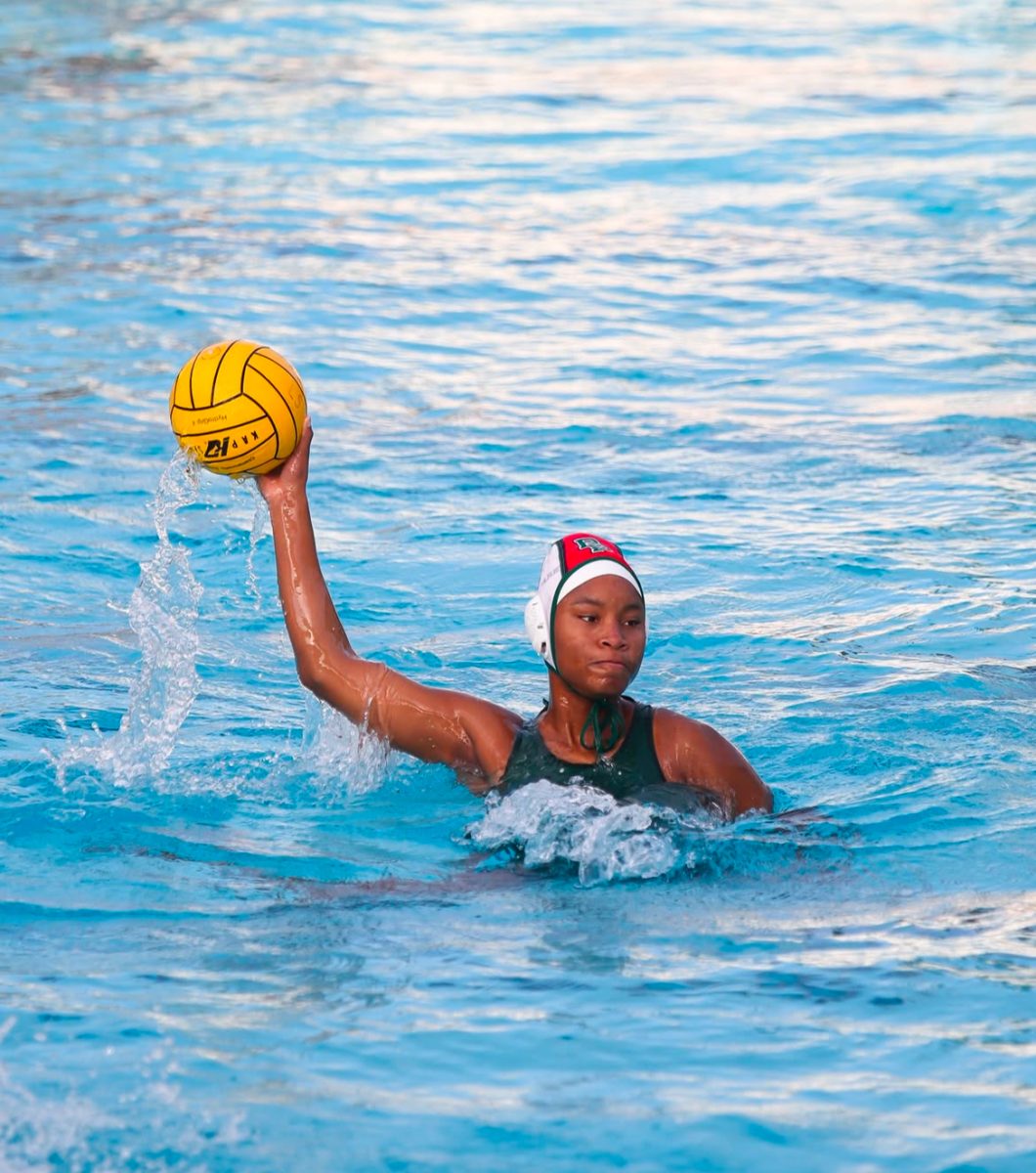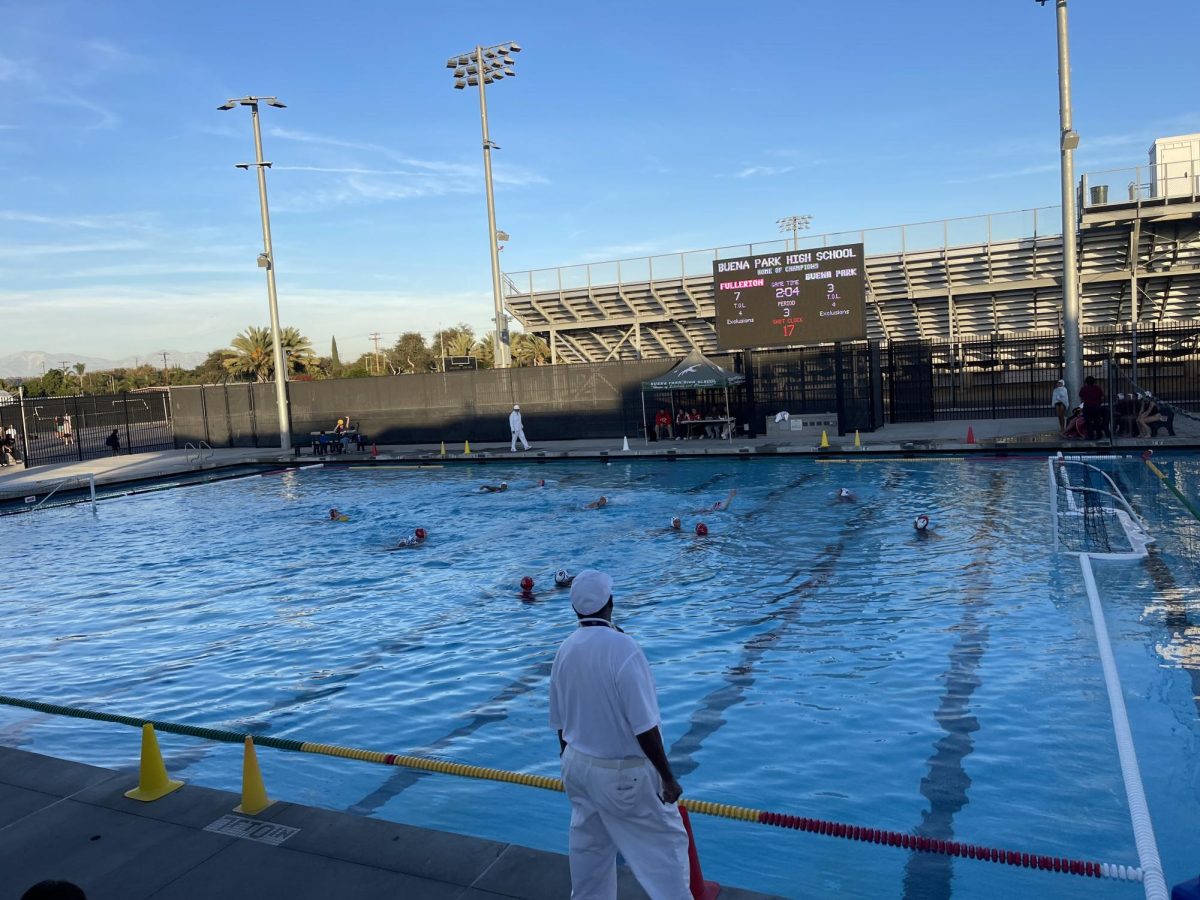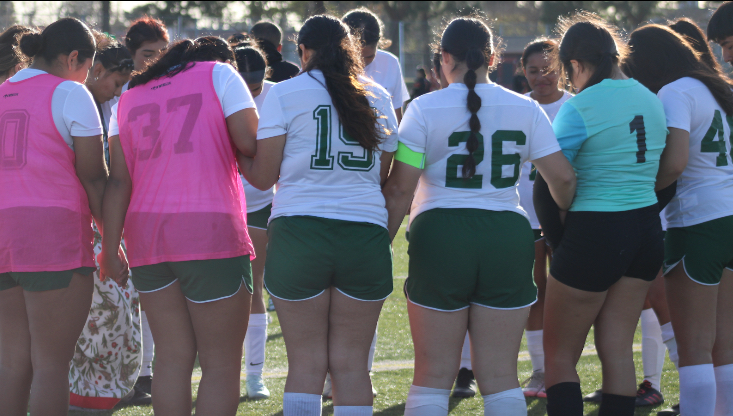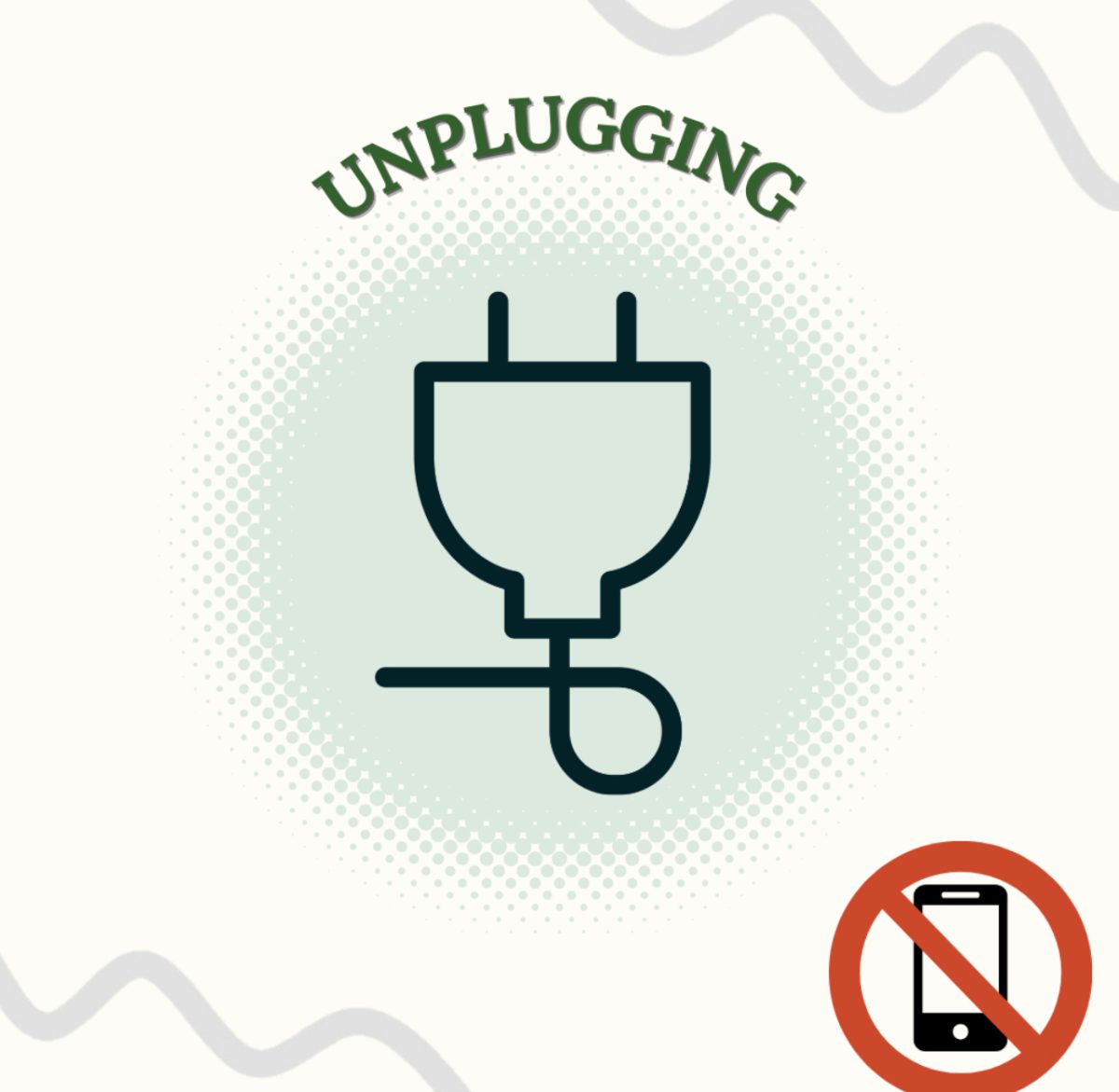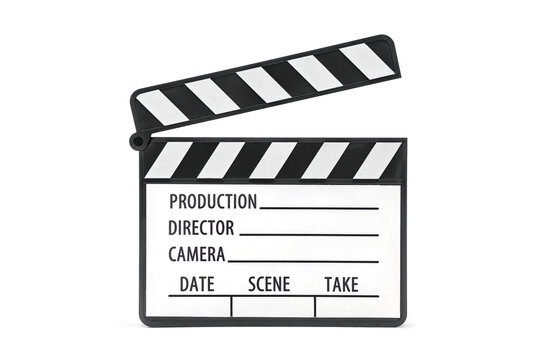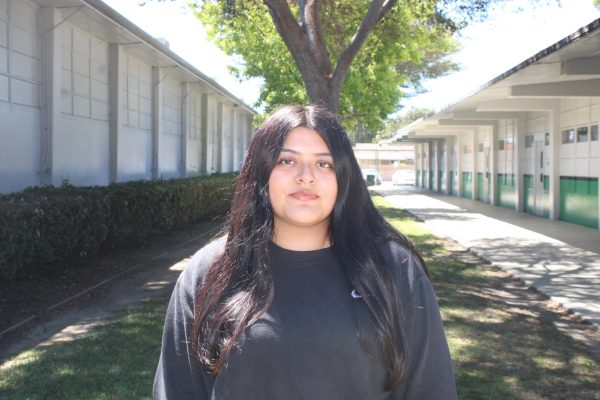What is unplugged?
Unplugging is a new policy, and gaining popularity world wide. At Buena Park High School, students are not allowed to use phones during class time. Students will get a warning, and if the behavior continues, the students phone will be confiscated and taken to the front office. Most students don’t like this new rule because they feel so attached to their phone. Schools who do have this rule take it very seriously. For example, at Buena Park High School some teachers have phone pockets/charts and students have the responsibility to put their phones away at the beginning of the period. Not only do students have to unplug with their phone but as well as headphones/earbuds. Most teachers go along with this rule because when students are using their devices they tend to ignore the teacher, causing hindrance from their learning.
History of unplugged
Since COVID-19 the percentage of phone usage has drastically increased. Since students were constantly on a screen they got used to being on them 24/7. Students now show that they are addicted to their phones. According to The New Republic , “Ninety-four percent of school districts provide students with digital devices; well over half of all U.S. classrooms have a digital display in them. Studies show that when teens/students use their devices too much it leads to mental health issues.” Not only does it cause mental health issues but being on a screen can also affect your vision. Now people want to avoid being on screens for such a long period of time because it can be draining.
Just this year Governor Gavin Newsom “Urges schools to immediately restrict cell phones in the classroom ahead of the new school year.” Statistics show that there has been a major increase in cell phone usage. According to this website they state, “Common Sense Media found that 97% of students use their phones during the school day for a median of 43 minutes.” Newsom’s goal is to minimize and restrict cell phone usage on school grounds. Governor Gavin Newsom sent this letter to schools and school boards all over California, to remind them of the “mental health, scholastic, and social risks of cell phone use in classrooms.” He wants students to be fully engaged, and have a classroom environment that if free of cell phone distractions.
How has it helped students?
While some students tend to have lower scores because of distractions, does the unplug rule really help? With the unplug rule students can learn more about communication skills. Ever since COVID-19 hit, many students now struggle with social anxiety and find difficulty in participating in and out of class. According to edutopia.org “Students can build essential skills such as collaboration, creativity, critical thinking, and problem-solving by learning in different ways.” Not only can the unplug rule help students but also teachers. Teachers and students get time to disconnect from technology and focus on the material being taught in class. The Tech Hub states “ By unplugging, we can help calm our students’ minds. “Tech breaks can help alleviate digital fatigue, stress levels, and our overall well-being.”
Is it a safety hazard?
Sadly a common occurrence in the US is the threat and action of school shootings. Not only that, but just recently there have also been numerous earthquakes and fires in California. The only way for students to contact parents would be using their phone. But what if their phones are put away and they have no access to them? That is something that can be a CON. As shown above, you never know when something can happen. Most students do have a phone because their parents want them to be safe and have their locations to see if they’re okay.
Should it apply to teachers?
Many agree that this rule should apply to teachers as well because it’s unfair they have to use them during class. They say phones are a distraction but then are always texting or on the phone. (his doesn’t apply to all teachers )
Student Interviews / feedback
We first interviewed Sophomore Emily Delgado and we asked, “How do you feel about the unplugged to disconnect in class?” Her response was, “I don’t like it.” She goes on to explain that she feels like unplugging doesn’t help her, and she feels lost without her phone. We then interviewed Senior Melani Mendoza. She doesn’t mind the rule because it helps her concentrate better in class. We asked, “ When you have to put your phone in the phone pockets do you think it’s a safety hazard?” Melani said, “ Yes, because I feel like there can be a fire or something.” Unplugging helps her in class because she actually does her work. Melani thinks the unplug rule should also apply to teachers. Our next interview was with Sophomore Andrea. When she doesn’t have her phone in class she feels focused. We then asked her, “ When you unplug do you feel like you have an addiction to your phone?” her response was, “ When I unplug I kinda forget about my phone, and I don’t really think about it. “ She thinks they started using the unplug rule to get students to pay attention in class and concentrate better. Next, we interviewed Senior Sam Gutierrez. Sam feels like the unplug rule is a good method because it helps you focus and not turn in your work late during class. She states that some people do tend to struggle unplugging more than others. We asked her, “ Is it a safety hazard? “ and she said , “It is.” We then asked, “Do you think unplugging helps you in class?” Sam replied, “ Yes because I don’t see myself using my phone and I get my work done.” Sam also says it should apply to teachers because they are always using their phones. ( not all teachers ) Our last interview was with Senior Micheal. He doesn’t like the unplug rule because he feels like he should be able to listen to music during class. Music can help him/classmates focus in class. We asked, “ When teachers make you put your phone in the phone pockets do you feel like it’s a safety hazard? “ Micheal said, “Yes, because if something happens I need to be able to call my people.” Unplugging helps him a little bit but he feels like he should be able to listen to music while he’s in class. He says teachers should also follow this rule because they’re on their phones during class too.
In Conclusion, Unplugging can have its pros and cons but for the most part it seems to be helping some students. Some students can focus and interact more in class without their phones. It also can be a con to students who have trouble unplugging.
